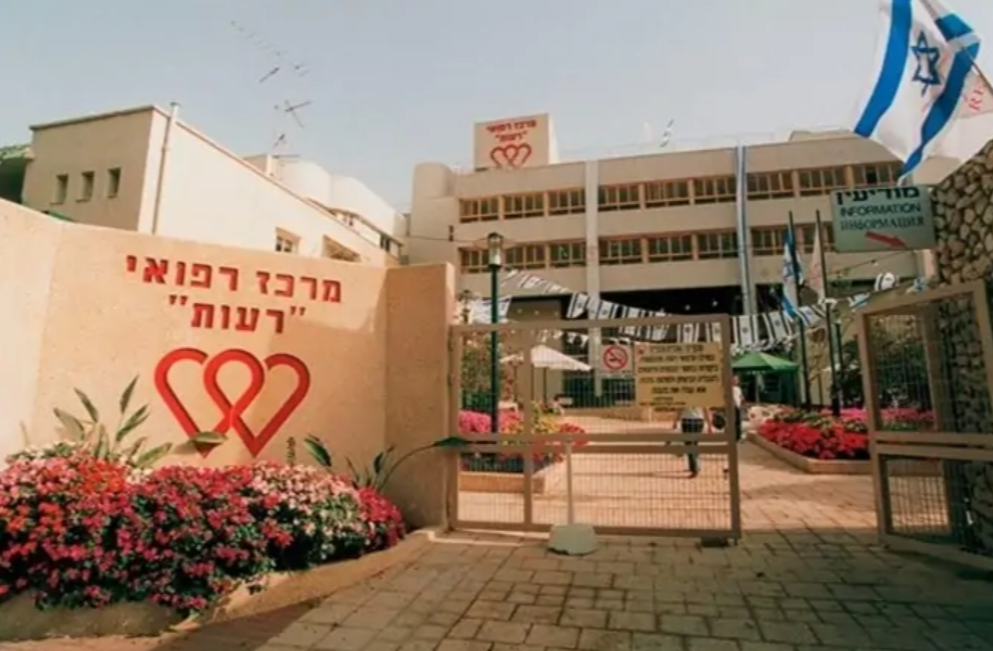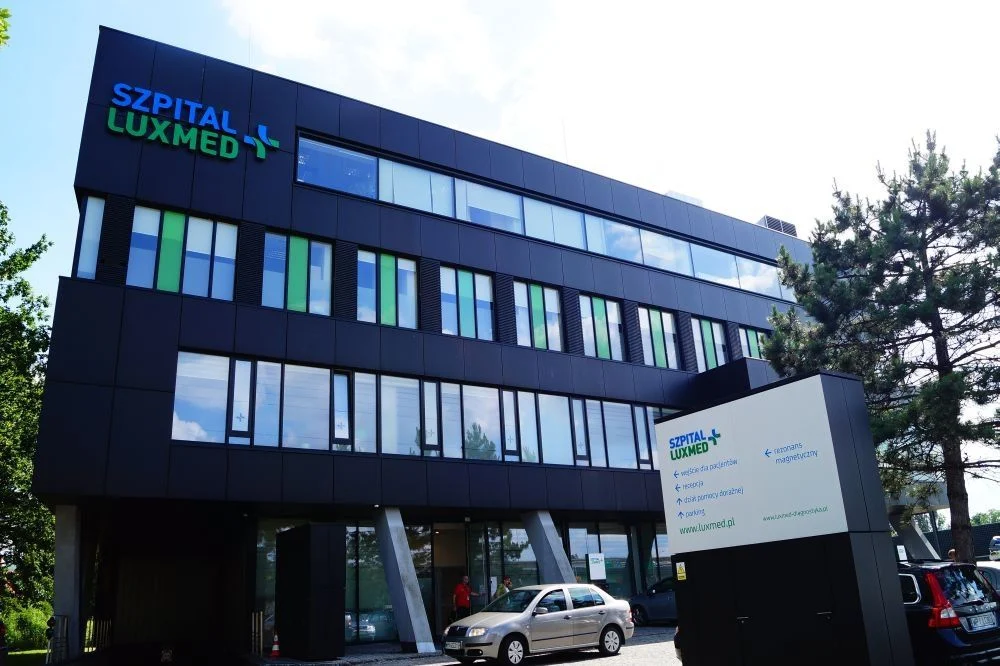Nierentransplantationen erfreuen sich in den letzten Jahren zunehmender Beliebtheit und bieten Patienten mit ESKD Hoffnung und eine bessere Lebensqualität. Dieses lebensrettende Verfahren ist in vielen Ländern immer teurer geworden. Die steigenden Kosten stellen die Patienten, die diesen wichtigen medizinischen Eingriff benötigen, vor große Herausforderungen. Die Türkei mit ihrem gut ausgebauten Gesundheitssystem und ihren renommierten Transplantationszentren hat sich als vielversprechender Ort für Nierentransplantationen erwiesen. In diesem Artikel befassen wir uns mit den Feinheiten des Transplantationsverfahrens in der Türkei und beleuchten die einzelnen Schritte, die durchschnittlichen Wartezeiten, die Bedeutung einer frühzeitigen Beratung und die besten Krankenhäuser des Landes, die für ihre erfolgreichen Operationen bekannt sind.
Die wichtigsten Erkenntnisse
- Die Nierentransplantation ist die effizienteste Therapieoption für Patienten mit schweren Nierenproblemen und -krankheiten.
- Die Kosten für eine Nierentransplantation sind in der Türkei 40-60% niedriger als in Europa und mehr als 95% der Operationen sind erfolgreich.
- In der Türkei müssen Sie einen willigen Spender unter Ihren Familienangehörigen finden. Um zusätzliche Kosten und rechtliche Probleme zu vermeiden, stellen türkische Kliniken internationalen Patienten keine Spender zur Verfügung.
- Die Operation kostet 20.000 $ für Kinder und 17.000 $ für Erwachsene.
Der Ablauf der Operation
Schritt 1: Erstuntersuchung und Beratung
Vor einer Transplantation sind gründliche Erstuntersuchungen und Beratungen erforderlich. Die Einholung einer ersten ärztlichen Stellungnahme ist von entscheidender Bedeutung, um die Eignung des Patienten zu beurteilen und die beste Vorgehensweise zu bestimmen. In dieser Phase muss der potenzielle Empfänger eine Reihe von medizinischen Analysen und Tests durchlaufen. Diese Tests tragen dazu bei, ein umfassendes Bild vom Gesundheitszustand des Patienten zu zeichnen, und helfen den Ärzten, fundierte Entscheidungen über die nächsten Schritte des Verfahrens zu treffen.
Schritt 2: Suche nach einem Spender
Die Suche nach einem geeigneten Spender kann für Menschen, die eine Transplantation benötigen, ein entscheidender und lebensverändernder Moment sein. In der Türkei gibt es, wie in vielen anderen Ländern auch, zwei Arten von Spendern: lebende und verstorbene. Lebende Spender, in der Regel Familienmitglieder oder enge Freunde, können eine ihrer Nieren spenden. Alternativ kann sich eine Person auf die nationale Warteliste für verstorbene Spender setzen lassen, wo sie auf ein Organ von einem verstorbenen Spender wartet, der als kompatibel gilt.
Schritt 3: Chirurgischer Eingriff
Sobald ein geeigneter Spender gefunden ist, findet die eigentliche Operation statt. Unter den geschulten Händen von Ärzten wird das Spenderorgan in den Körper des Empfängers transplantiert. Der chirurgische Eingriff erfolgt mit äußerster Präzision, damit die transplantierte Niere optimal funktionieren kann. Nach der Operation verbringen die Patienten eine gewisse Zeit zur Überwachung und Rehabilitation im Krankenhaus. Die Dauer der Operation selbst und die anschließende Erholungszeit können je nach Einzelfall und dem allgemeinen Gesundheitszustand des Empfängers variieren.
Wie lange dauert es, eine Nierentransplantation zu bekommen?
Die Wartezeit für eine Nierentransplantation kann von mehreren Faktoren abhängen. Die Verfügbarkeit geeigneter Spender, der Gesundheitszustand des Patienten und die Kompatibilität mit potenziellen Spendern spielen dabei eine Rolle. Auch die Effizienz des Zentrums, einschließlich Faktoren wie die Verwaltung der Warteliste und die Zuteilung der Organe, beeinflusst die Gesamtzeit. Zwar ist jeder Fall einzigartig, und es ist schwierig, genaue Zeitangaben zu machen, doch ist die Türkei im Vergleich zu anderen Ländern für relativ kurze Wartezeiten bekannt.
Beste Nierentransplantationskrankenhäuser in der Türkei
In der Türkei gibt es mehrere erstklassige Krankenhäuser, die für ihre Kompetenz bei Nierentransplantationen bekannt sind. Dazu gehören unter anderem das Liv Hospital, Florence Nightingale und Medicalpark Antalya. Diese Krankenhäuser, die über qualifizierte und erfahrene Teams verfügen, haben beeindruckende Erfolgsquoten erzielt und internationale Anerkennung erlangt. Die Patienten können sich damit trösten, dass sie in kompetenten Händen sind, die optimale Ergebnisse für ihre Operationen gewährleisten. Mit ihrer modernen Ausstattung und ihrem patientenzentrierten Ansatz verbinden diese Krankenhäuser medizinische Spitzenleistungen mit mitfühlender Pflege.
Schlussfolgerung
Zusammenfassend lässt sich sagen, dass die Türkei der günstigste Ort für eine Nierentransplantation ist und eine kosteneffiziente Lösung bietet, ohne Kompromisse bei der Qualität der Versorgung einzugehen. Mit ihrem Ruf für hervorragende Qualität, Erschwinglichkeit und umfassende Nachsorge nach der Operation ist die Türkei eine echte Option für Patienten, die diesen lebensverändernden Eingriff benötigen. Diejenigen, die eine Nierentransplantation in Erwägung ziehen, sollten die beträchtlichen Vorteile, die die Türkei bietet, abwägen und diese vergleichsweise kostengünstige Alternative für ihre medizinischen Bedürfnisse erkunden.










